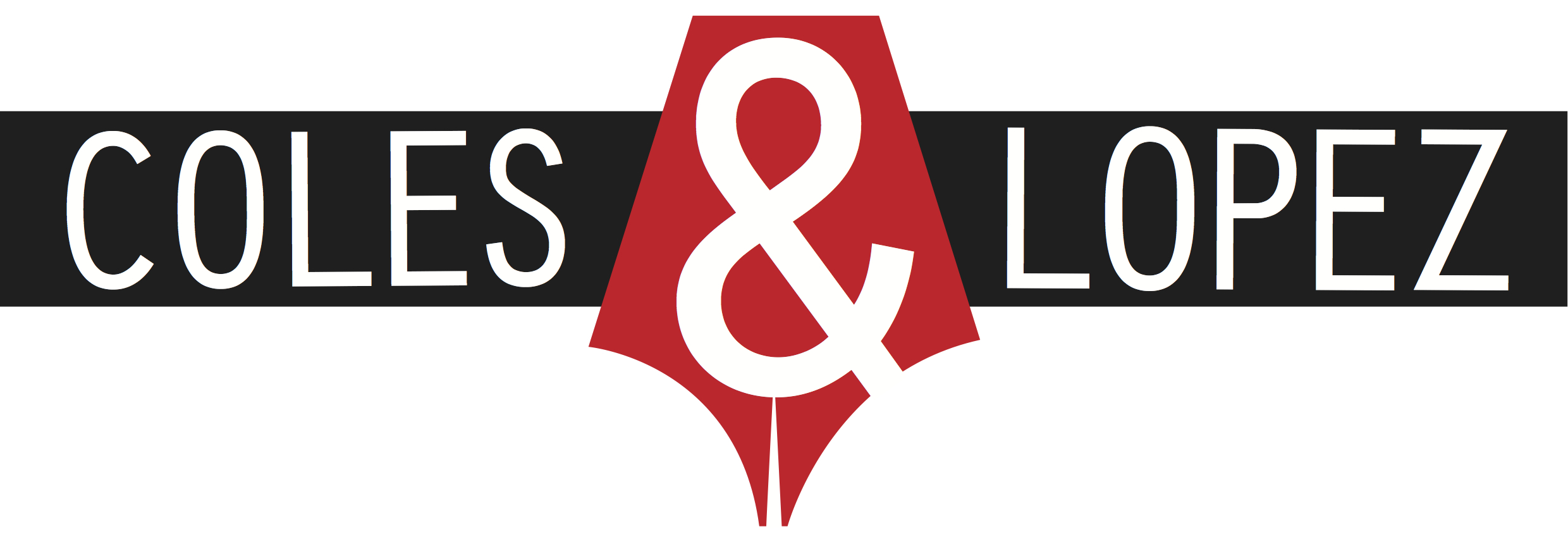It's Britney's, b****
Last April, I wrote an epic Bryan Adams-themed blog post about apostrophes, where I explained that they were used to show omission, possession and (in very rare circumstances) pluralisation. Now, a whole year later, I want to go into more detail on the trickiest of those uses: possession.
The Possessive Form
Every noun has a possessive form, and that form is always made by taking the noun and adding either an apostrophe or an apostrophe + s:
Britney --> Britney’s
Spears --> Spears’ or Spears’s*
children --> children’s
parents --> parents’
When to use the Possessive
In real life, possession is a very specific thing – it means real, physical ownership. In grammar, though, the meaning of possession is broader. We do use it to talk about literal ownership:
The mansion belonging to Britney = Britney’s mansion
But we also use it to talk about a more abstract form of ownership. Although Sean doesn’t own a school:
The school Sean attends = Sean’s school
Possessives can also be a shorthand way to write “something of something”:
Marriage of three years = three years’ marriage
Or they can mean “something for something”:
A night out for girls = girls’ night out
Apostrophe or Apostrophe + S?
Whether you make the possessive form of a noun by adding an apostrophe or an apostrophe + s depends on whether the noun is plural or singular and whether or not it already ends in s.
Possession with plurals
When the plural noun doesn’t end in s, add apostrophe + s: e.g. children’s, people’s, women’s.
People often get this wrong, usually by writing things like the childrens’ play area, peoples’ opinions or womens’ changing room. The easiest way to check whether you’ve got it right is to slice off the apostrophe and anything after it and imagine saying the phrase in a longer form.
RIGHT: children’s play area --> children --> play area for children
WRONG: childrens’ play area --> childrens --> play area for childrens
When the plural noun does end in s, add only an apostrophe: e.g. girls’, weeks’ and parents’.
Again, people often mistakenly write things like girl’s night (which would be the same as writing a night for girl), three year’s marriage (marriage of three year) and her parent’s care (the care of her parent).
Possession with singulars
When the singular noun doesn’t end in s, add an apostrophe + s: e.g. Britney’s career, Sean’s school.
When the singular noun does end in s, things get complicated. (This is the Spears’s/Spears’ dilemma that I mentioned above.) There’s no definitive right or wrong way to do it – it’s a style issue, and a complex one at that. So I’m going to give this topic a post of its own next week.
TFW your favourite blog ends on a cliffhanger:
